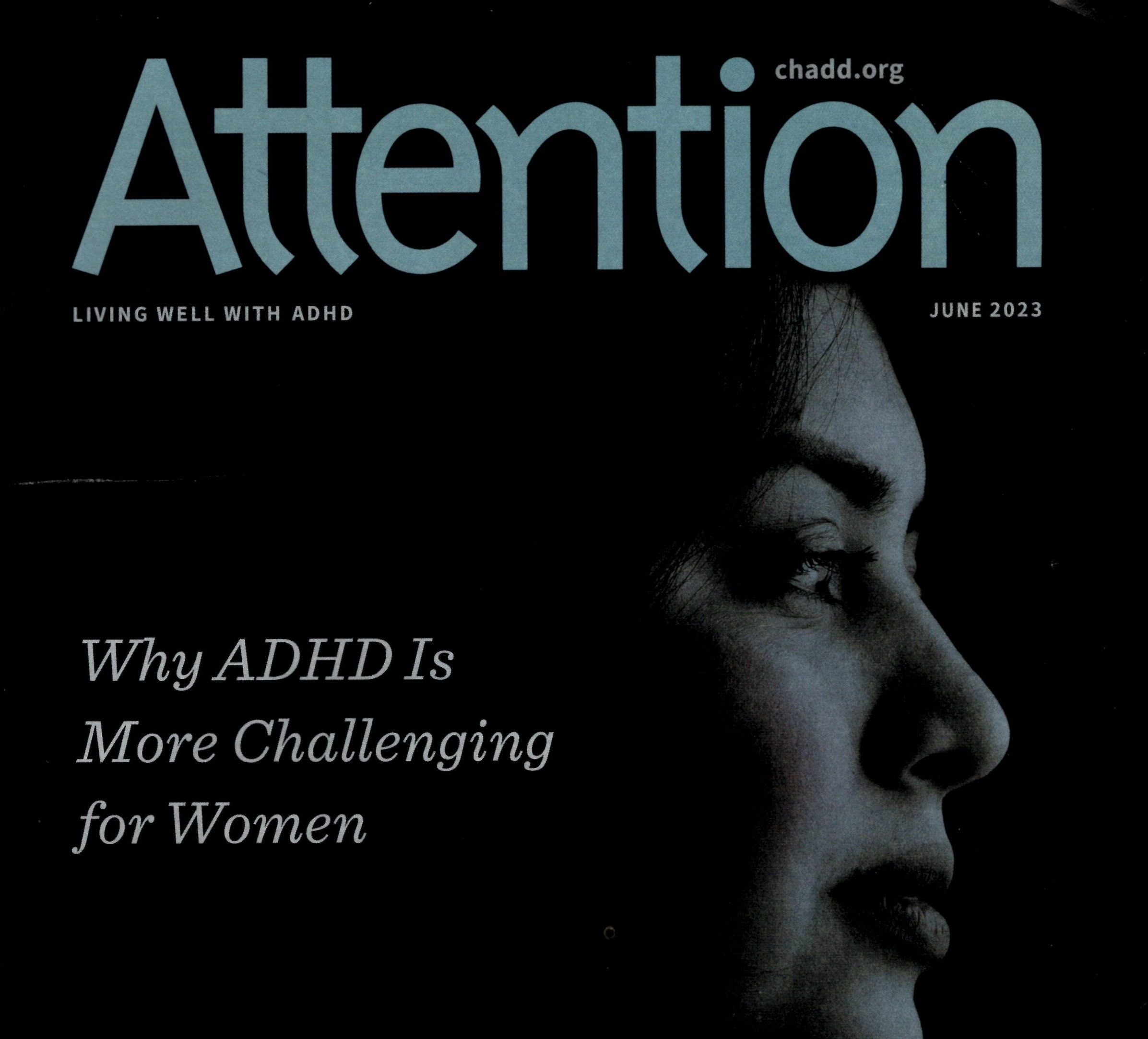Neurodiversity Affirming Therapy for Adult ADHD / ADD
Many think of ADHD as a childhood disorder. But a surprising number of people are diagnosed with ADHD as adults. Often after learning that their children have ADHD.
In person in Montgomery County, MD, or online from anywhere in Maryland
You always wondered why it took you so long to get things done. Or why your desk was so messy in school. Could ADHD be the answer? And do you really want to know?
Finding out that you have ADHD can be overwhelming. But more often, it’s an incredible relief.
All those things you couldn’t do in the way someone else did them suddenly make sense. You learn that you aren’t lazy or stupid. In fact, you’re creative. Dedicated. Brilliant. Fun.
ADHD is a superpower.
ADHD brains make connections that other brains don’t. They see how everything relates to everything else. And seeing all that detail takes time and energy.
ADD or ADHD: What’s the Difference? Our ADHD specialists explain.
ADHD stands for Attention Deficit Hyperactivity Disorder. Sometimes people say “ADD” because they have difficulty with attention but aren’t hyperactive. The actual diagnosis for that is “ADHD predominantly inattentive presentation.” But we get it. Saying ADD is much easier.
People with ADHD have to work harder to do what’s expected of them. And take longer to get it done. They’re some of the hardest working people we know. But they’re often getting told to try harder.
If that’s you, you probably feel like you’re letting everyone down. Like you should be able to do more. Faster.
Your partner, friend, or boss is angry about broken promises. Things you truly meant to do, but forgot or didn’t get to.
This is because having ADHD means you think very deeply about things, or don’t think of them at all. Your attention is like a volume knob that only has minimum and maximum. And the thing that has your attention in the moment has ALL of your attention.
Is ADHD is disorder?
ADHD is a way of understanding and connecting with the world. A particular pattern of thinking and behavior that applies to nearly 10% of the current youth population in the US. With numbers like that, can we consider it a disorder?
Technically yes. Because most classrooms and workplaces aren’t designed for people with ADHD. This mismatch means that ADHD interferes with expected performance at work or school. And in relationships too.
Our neurodiversity affirming ADHD therapists have a combined 50+ years of experience. We’re ready to share our knowledge with you.
Here are some ways to tell if you might have ADHD. Check the symptom list below. Do any of these describe you?
Adults with ADHD commonly suffer from symptoms such as
Trouble focusing on and completing tasks at work or school.
Impulsive behavior (compulsive shopping, interrupting, saying things they immediately regret).
Trouble with planning and time management.
Difficulty sitting still.
Trouble paying attention or listening to others.
Making careless mistakes
Regularly losing things
Often, people discover they have ADHD when it affects some aspect of their life. It gets difficult to keep up in school or at work. Or you feel overwhelmed by the volume of tasks at home. It may even be showing up in your parenting (in some very good ways).
The above symptoms and behaviors can strain relationships...it is not uncommon for adults to discover they have ADHD during couples therapy. ADHD can also add complexity to parenting duties. It can impact the whole family.
Therapy for adult ADHD can help you to:
Prevent, manage, and recover from impulse control errors.
Improve time management.
Get organized in an ADHD-friendly way.
Gain control of your attention’s on-off switch.
Stop ADHD from damaging your relationships.
If you’re ready to use your ADHD superpower to live the life you want, request an appointment below.
Our therapists were recently featured in Attention Magazine! Click below to read the article.



